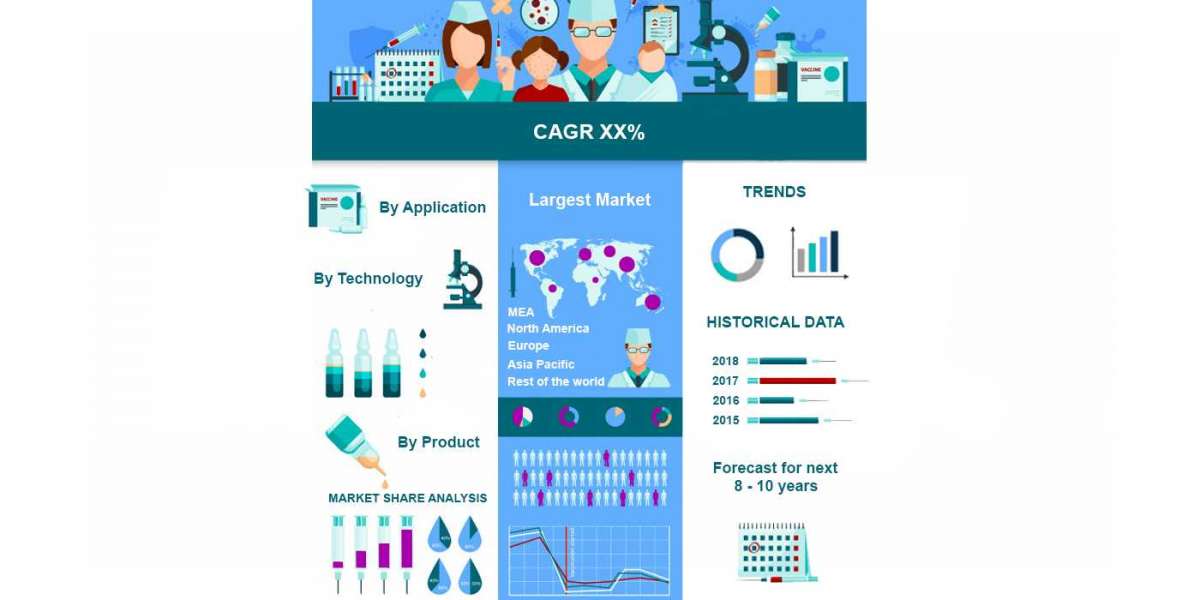Symptoms of dual diagnosis vary depending on the underlying conditions. These include depression, anxiety, and bipolar disorder. These can be triggered by substance use, as well as genetic predisposition. If you have a dual diagnosis, it is important to receive treatment from a mental health professional.
People with a mental illness are often more prone to developing a substance use disorder. This is because the substances can trigger changes in the brain, which increase the risk of a mental disorder. During periods of high stress, people may turn to substances to reduce their symptoms. These can also be used to overcome fear or difficult situations.
A dual diagnosis can have many consequences, such as alienating others, missing responsibilities, and feeling out of control. These can all make it difficult for you to live a normal life.
There are many different ways to treat dual diagnosis. You can seek help from a healthcare provider or get involved with a support group. These can provide you with emotional support and tips for coping with the challenges you face.
You can also find a treatment program for both your mental illness and your substance abuse problems. This can be the most effective method of treatment. The best way to find a good treatment program is to talk with a doctor.
In the United States, over 10 million adults have a dual diagnosis. This includes more than half of all those with a serious mental illness.
Treatment options
Having dual diagnosis can be a challenging experience. It can isolate you from family and friends, making you feel as if you are on your own. Fortunately, there are many treatment options available for you.
In addition to mental health treatments, there are also programs that can help treat substance use. This may include medications and behavioural therapies. You will need to understand what makes you use drugs or alcohol. It may be that you have been using them to ease your anxiety or depression, or to feel better.
During the course of your treatment, you will need to stop using the substances that you are abusing. This can be accomplished through detoxification. An inpatient treatment program can help you through this process.
Another helpful tool is group therapy. This can be a valuable tool in your recovery from dual diagnosis. In a group, you will have the chance to vent your frustrations and share your experiences. It can also be a good way to meet people who are experiencing similar circumstances.
There are many factors that contribute to the development of a mental health disorder. For example, people who have experienced traumatic events are more likely to develop a disorder. Stress is also a risk factor.
While there are many resources available, it is important to learn what your specific needs are. You may need specialized treatment facilities or require long-term therapeutic programs.
Support groups for people with dual diagnosis
Having both a mental health and substance use disorder can be a challenge. Whether you have been diagnosed with one or both, finding dual diagnosis support groups can be a great way to get the help you need. These groups can offer emotional and social support, as well as information about coping with challenges.
The National Depressive and Manic-Depressive Association (NDMA) is a non-profit organization that works to eliminate discrimination and educate professionals and patients. NDMA also fosters self-help among patients and aims to improve access to care.
Support groups for people with dual diagnosis are a great way to learn from others who have experienced similar problems. These groups can also help you build a sense of community and gain hope.
Support groups can be found online or in your local community. Once you have decided to join a group, make sure you are comfortable with the people in the group. You should be able to share your experiences and listen to those in the group without feeling pressured. You should also be willing to keep your experiences confidential.
When you're searching for dual diagnosis support groups, you should also consider what kind of treatment you're looking for. You can find programs that focus on addiction treatment, medication, or behavioral therapy.
If you're looking for a treatment program that specializes in dual diagnosis, you may be able to find a local center through a phone book or on the internet. You can also visit a center in person to speak with the staff about your needs.








